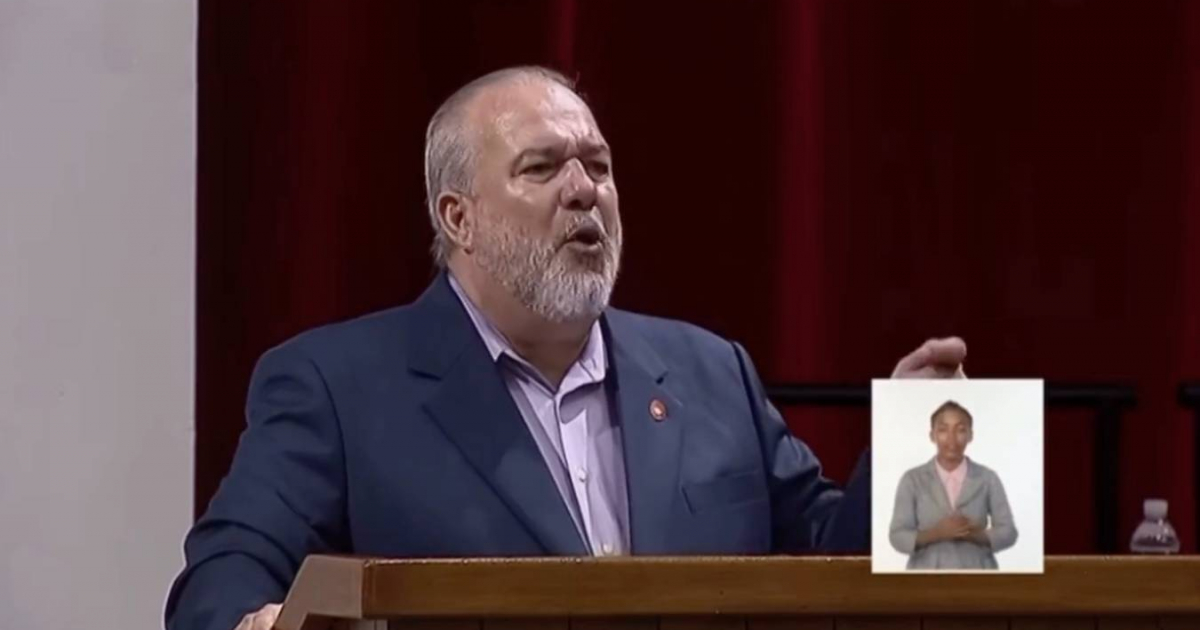In an intensive operation conducted between July 12 and 13, the Cuban government shut down 53 private businesses following 891 inspections nationwide. Prime Minister Manuel Marrero Cruz reported that more than 4,000 violations were found during these inspections, resulting in fines exceeding 13 million pesos for Micro, Small, and Medium Enterprises (MSMEs), as cited by Cubadebate.
Among the main infractions detected were the concealment of products following the government's price cap and the sale of goods at unregulated prices. Marrero Cruz highlighted that 354 forced sales were made at the established prices, and products were confiscated in 21 additional cases.
"We are going where the products are," the prime minister stated, emphasizing that the objective of these actions "is not to close businesses, but to ensure compliance with regulations." However, he stressed the need for firm measures to control prices and guarantee the accessibility of goods for the population.
This inspection and regulation process began on July 8 and has continued, with exchanges and meetings with 4,363 non-state management forms. Marrero Cruz explained that the price caps were set to curb uncontrolled price growth, although he acknowledged that they still do not reflect the proper relationship between prices and wages. He also noted that state stores in Freely Convertible Currency (MLC) sell at prices equal to or higher than those of MSMEs.
The prime minister stated that there are currently 7,300 inspectors on the streets, and this number could increase to 20,000. "The ultimate solution to high prices is to produce more and increase the supply of goods and services to the population," Marrero Cruz added. Despite these actions, he clarified that the government does not aim to close businesses indiscriminately but to persuade merchants to comply with established regulations. "We will continue with this confrontation, carrying out joint and systematic actions," he concluded.
These measures come in the context of an economic crisis in Cuba, where inflation and the shortage of basic products have severely affected the population. The day before, President Miguel Díaz-Canel stated that this is not a "witch hunt" against private enterprises but a call to "reorder" these initiatives.
Marrero Cruz maintains that while the prices of state stores in MLC are higher than some capped products, "it is unfair to make that comparative analysis" because the "foreign exchange collecting stores face a scenario as complex as we have expressed here. They do not buy those resources, like chicken and oil, in the same markets where non-state management forms do," he emphasized during his address to the National Assembly on Wednesday.
He said state stores "do not operate with the illegal foreign exchange market, they work at 1x120, so the analysis is different. They have to buy in more distant markets at higher prices because we have had difficulties in paying suppliers, paying very high freight rates, so it is not fair to make that analysis," he justified.
The Cuban regime capped the prices of several products sold by MSMEs last week and has since fined establishments that fail to comply with the measure.
Understanding Cuba's Recent Business Inspections
Here are some frequently asked questions regarding the recent business inspections and shutdowns in Cuba, aiming to provide clarity and further information on the matter.
Why did the Cuban government shut down 53 private businesses?
The shutdowns were part of an intensive inspection operation that found over 4,000 violations, including price cap violations and the sale of unregulated goods.
What were the main infractions detected during the inspections?
The main infractions included the concealment of products following the government's price cap and the sale of goods at unregulated prices.
How many inspectors are currently involved in this operation?
According to Prime Minister Manuel Marrero Cruz, there are currently 7,300 inspectors involved, with the potential to increase to 20,000.
What is the government's stated objective for these inspections?
The government claims the objective is to ensure compliance with regulations, not to indiscriminately close businesses, but to control prices and guarantee goods' accessibility for the population.
